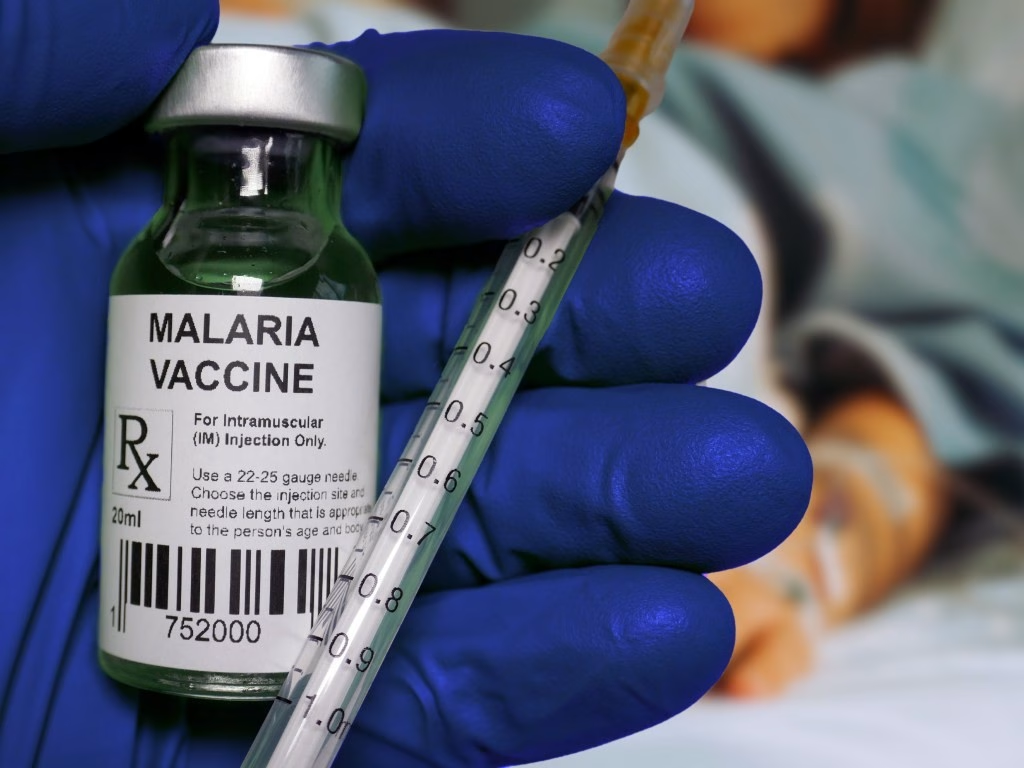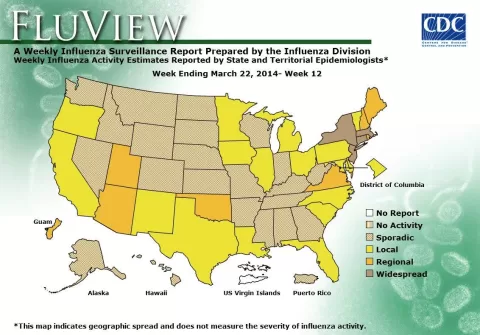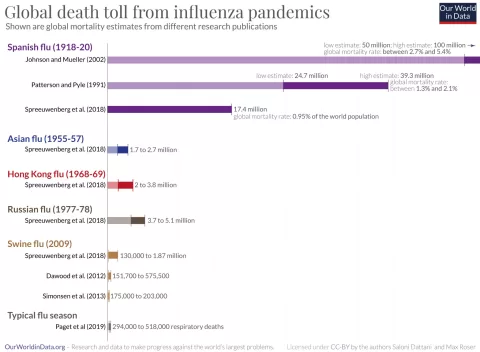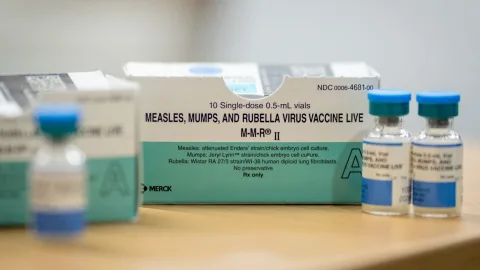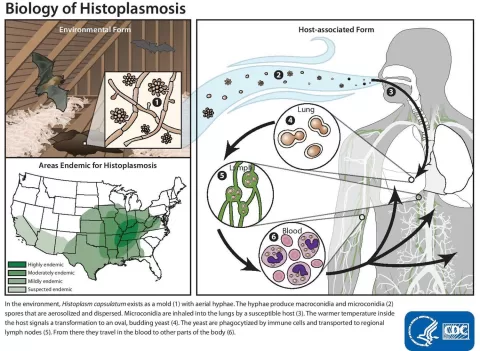Malaria vaccine effectiveness is a critical factor in the global fight against malaria, particularly with the introduction of the RTS,S/AS01 E vaccine. This groundbreaking vaccine, developed by the British pharmaceutical giant GSK, earned a recommendation from the World Health Organization (WHO) in 2021, designed to tackle Plasmodium falciparum malaria in high-transmission regions. Recent studies showcased by The Lancet Global Health reveal that the RTS,S/AS01 E can significantly lower both malaria incidence and severe cases in vaccinated children. The encouraging vaccine trial results have further propelled the WHO’s childhood malaria vaccination initiatives, aiming to reduce child mortality rates and bolster public health strategies in struggling regions. With approximately 263 million infected and 597,000 deaths attributed to malaria in 2023, the implications of effective malaria vaccines for child health are monumental and call for extensive implementation and research.
The effectiveness of vaccines designed to combat malaria goes beyond just a singular product; it encompasses a range of immunizations aimed at addressing severe malaria cases among young children. As the RTS,S/AS01 E vaccine gains traction, alternative formulations like R21/Matrix-M are also stepping into the spotlight, both offering promising solutions to the pervasive malaria problem. Current initiatives by the World Health Organization (WHO) showcase these childhood malaria solutions as a crucial part of strategic health measures for vulnerable populations. By focusing on innovative vaccine research, we can anticipate a more substantial impact on reducing morbidity and mortality from malaria in endemic areas. As scientific exploration continues, the hopeful outcomes seen in preliminary trials can eventually lead to substantial public health improvements globally.
Malaria Vaccine Effectiveness: A Real-World Perspective
The effectiveness of the RTS,S/AS01 E malaria vaccine has been demonstrated not only in controlled clinical trials but also in real-world settings, which is crucial for understanding its impact on childhood malaria. The vaccine was shown to significantly reduce the incidence of malaria and severe malaria in children in Ghana, Malawi, and Kenya, where it was part of an extensive pilot program. Researchers reported a 9% reduction in all-cause mortality and a noteworthy 32% reduction in hospitalizations due to severe malaria among children under five who received the vaccine. These findings underscore the vaccine’s potential as a transformative tool in regions plagued by high malaria transmission.
In addition to these impressive statistics, subsequent studies have reinforced the vaccine’s success, revealing a 30% reduction in any malaria and a staggering 58% drop in severe malaria cases among vaccinated children compared to those who were not vaccinated. These results reflect the importance of implementing the RTS,S/AS01 E vaccine alongside comprehensive malaria control strategies. While efficacy results from clinical trials are essential, real-world data provides invaluable insights into how such vaccines perform under the pressures of variable malaria incidence, healthcare access, and local healthcare practices.
WHO’s Endorsement and Malaria Vaccination Programs
The World Health Organization (WHO) took a groundbreaking step in 2021 by recommending the RTS,S/AS01 E malaria vaccine for use in children, acknowledging the urgent need to tackle the substantial malaria burden in endemic regions. The WHO’s endorsement is based on robust clinical trial results and extensive data from the Malaria Vaccine Implementation Programme, which highlighted the vaccine’s capacity to significantly reduce malaria-related health issues among children. This pivotal recommendation has paved the way for the vaccine’s introduction into childhood immunization programs across various countries, providing hope for millions of families who are affected by malaria.
Since the WHO’s recommendation, 24 countries have begun integrating the RTS,S/AS01 E vaccine into their national immunization schedules. The alignment of vaccine delivery with existing childhood vaccination efforts is crucial to ensure high uptake and coverage, which can significantly reduce mortality rates associated with malaria. Furthermore, there are now discussions surrounding additional malaria vaccines, such as the recently recommended R21/Matrix-M, which could complement existing efforts and potentially save countless lives. The integration of these vaccines into public health strategies underscores the WHO’s commitment to diminishing the burden of malaria globally.
Understanding Vaccine Trials: Insights from Phase 4 Studies
The phase 4 studies of the RTS,S/AS01 E vaccine provide critical insights into its safety and effectiveness in actual health care settings. These post-marketing studies have enabled researchers to monitor vaccine performance outside of the controlled environments of clinical trials, offering a more comprehensive understanding of its benefits and limitations. Specifically, by tracking healthcare outcomes in diverse settings, researchers can evaluate how various factors, such as transmission rates and co-existing public health initiatives, can influence vaccine effectiveness in the real world. This information is invaluable for policymakers and healthcare providers as they develop strategies to combat malaria.
Data collected from over 45,000 children across Ghana, Malawi, and Kenya showed that the RTS,S/AS01 E vaccine is a formidable defense against malaria. By measuring parameters such as incidence rates of malaria and severe malaria, hospitalizations, and mortality, researchers were able to capture the vaccine’s comprehensive impact on child health. These studies illuminate the vaccine’s role not only in reducing malaria incidence but also in alleviating the overall burden of disease in pediatric populations. In light of these results, continued investment in monitoring and evaluation of malaria vaccines remains essential to adapt public health approaches as malaria epidemiology evolves.
Reducing Child Mortality Through Malaria Vaccination
Malaria remains one of the leading causes of child mortality globally, particularly in Sub-Saharan Africa where incidences are highest. The introduction of the RTS,S/AS01 E malaria vaccine, as supported by the WHO, is aimed at mitigating this alarming trend. With estimates indicating that the two leading malaria vaccines could potentially avert up to half a million child deaths by 2035, it highlights the urgency of extensive vaccine implementation. The statistical reductions in both hospitalizations and severe malaria among vaccinated populations further cement the significance of childhood malaria vaccinations as a critical element in the fight against this devastating disease.
To address the high mortality rates effectively, comprehensive vaccination strategies must be rolled out alongside education campaigns to raise awareness about malaria prevention and treatment. Engaging communities and healthcare providers in promoting the uptake of malaria vaccinations will be vital to achieving national health goals related to child mortality. Successful international collaboration, underpinned by sustained funding and resources, is necessary to expand access to these vaccines and ultimately ensure healthier futures for children in malaria-endemic regions.
The Role of Anemia in Childhood Malaria and Vaccine Response
Anemia is a significant complication of malaria that often goes unnoticed, especially in young children. Studies have shown that children who receive the RTS,S/AS01 E vaccine exhibit a reduced prevalence of anemia, highlighting another layer of the vaccine’s health benefits. By addressing both malaria incidence and the associated risk of anemia, the vaccine plays a critical role in improving overall child health outcomes. This effect is particularly crucial as anemia is linked to cognitive delays, reduced physical activity, and increased susceptibility to infections, all of which can severely hinder a child’s growth and development.
Furthermore, the reduction in severe anemia among children who received the malaria vaccine illustrates its holistic approach to bolstering child health. Vaccines that decrease the incidence of malaria also reduce the subsequent complications, such as anemia, making them indispensable tools in public health strategies. The vaccination efforts must focus on screening and managing anemia as part of malaria interventions to provide comprehensive care to pediatric populations, ensuring they lead healthier, more resilient lives.
Behavioral and Social Factors Influencing Vaccination
The effectiveness of malaria vaccination programs is not solely dependent on the science of the vaccine itself; it is also significantly influenced by behavioral and social factors within communities. Understanding cultural perceptions around vaccinations, trust in healthcare providers, and access to medical resources can make or break the efforts to ensure widespread adoption of malaria vaccines. Data indicates that parents’ willingness to vaccinate their children against malaria often correlates with their awareness of the disease’s dangers and their experiences within the healthcare system.
For malaria vaccines to achieve their full potential in preventing disease, comprehensive educational initiatives must accompany their rollout. Stakeholders, including health organizations and local governments, must work together to address fears and misinformation while promoting the proven benefits of vaccination. Additionally, community engagement through trusted local leaders can significantly enhance vaccination rates and acceptance, ultimately improving public health outcomes and reducing malaria’s devastating toll.
Future Directions in Malaria Vaccine Development
As the fight against malaria progresses, ongoing research and development in malaria vaccines are critical. With the WHO’s recommendation of new vaccine candidates like R21/Matrix-M alongside the RTS,S/AS01 E, there is a renewed momentum to innovate and improve vaccine efficacy and coverage. These emerging vaccines are expected to play a pivotal role in closing gaps where current immunization strategies may falter, particularly in regions with high transmission rates where the burden of malaria is most severe.
Future vaccine candidates are also likely to focus on adaptation to different strains of the Plasmodium parasite, improving safety profiles, and enhancing the feasibility of administering vaccines in challenging environments. Collaborative research efforts across global entities, alongside local health systems, will be instrumental in achieving these advancements. Only through concerted international efforts can the ongoing quest to eliminate malaria culminate in lasting solutions that safeguard future generations against this preventable disease.
Integrating Malaria Vaccination with Other Health Strategies
Integrating malaria vaccination into broader health initiatives can maximize the impact on public health outcomes. Strategies that combine malaria preventive measures—such as bed net distribution, treatments, and health education—with vaccination programs can create a multifaceted approach to combating malaria. By situating vaccination within the context of comprehensive healthcare, communities can achieve greater long-term health benefits and reduce the overall morbidity associated with malaria.
Moreover, combining malaria vaccines with maternal and child health initiatives can facilitate a more robust healthcare response, allowing for increased contact points with healthcare professionals. This integrated approach encourages not only higher vaccination rates but also a greater likelihood of comprehensive healthcare access, including education about malaria prevention, nutrition, and hygiene practices. Such synergies are essential for advancing the broader goal of eradicating malaria and improving health outcomes in endemic regions.
Frequently Asked Questions
What is the effectiveness of the RTS,S/AS01 E malaria vaccine based on vaccine trial results?
The RTS,S/AS01 E malaria vaccine has shown significant effectiveness in reducing malaria incidence. In clinical trial results, it demonstrated a 39% reduction in malaria cases and a 29% reduction in severe malaria among children. Real-world studies indicate up to a 30% decrease in any malaria infection and a 58% reduction in severe malaria after vaccination.
How does the RTS,S/AS01 E malaria vaccine affect childhood malaria rates?
The RTS,S/AS01 E malaria vaccine is specifically designed to combat childhood malaria. Studies have shown that it can lower the incidence of malaria and severe malaria in vaccinated children, with a 32% reduction in hospitalizations for severe malaria noted in real-world evaluations.
What are the WHO recommendations regarding malaria vaccination?
The World Health Organization (WHO) recommends the RTS,S/AS01 E malaria vaccine for children in regions with moderate to high malaria transmission. In 2023, WHO also recommended the R21/Matrix-M malaria vaccine, projecting that together, these vaccines could prevent up to half a million child deaths by 2035.
What is the significance of the recent phase 4 study on malaria vaccine effectiveness?
The recent phase 4 study on RTS,S/AS01 E malaria vaccine effectiveness highlights its real-world impact, showing a 30% reduction in malaria incidence and a notable decrease in severe malaria cases among vaccinated children in Ghana, Malawi, and Kenya. This reinforces the findings from clinical trials and supports the vaccine’s continued use.
How do vaccine trial results compare to real-world assessments of malaria vaccine effectiveness?
Vaccine trial results indicate high efficacy rates in controlled environments, while real-world assessments may show different effectiveness due to varied malaria transmission rates and other factors. For RTS,S/AS01 E, real-world studies indicated a 30% reduction in any malaria and a 58% reduction in severe malaria, suggesting strong effectiveness in practical settings.
What role does the RTS,S/AS01 E malaria vaccine play in the strategy to reduce malaria morbidity and mortality?
The RTS,S/AS01 E malaria vaccine plays a crucial role in global strategies to reduce malaria morbidity and mortality, particularly in children. It complements other malaria control measures and has been shown to significantly decrease hospitalization and mortality rates, particularly in high-transmission regions.
What are the long-term impacts of the RTS,S/AS01 E malaria vaccine in children?
Long-term impacts of the RTS,S/AS01 E malaria vaccine include sustained reductions in malaria incidence and severity. Studies demonstrate a persistent decrease in malaria-related hospitalizations and mortality rates, with ongoing monitoring contributing to its effectiveness profile in endemic regions.
How does the malaria vaccine effectiveness inform public health policies?
Malaria vaccine effectiveness data, particularly from RTS,S/AS01 E and R21/Matrix-M, inform public health policies by providing evidence for vaccine recommendations, guiding immunization strategies in high-risk regions, and helping to allocate resources to combat malaria effectively at community and national levels.
What trends have emerged regarding childhood malaria vaccinations in recent years?
Recent trends show increasing investment and implementation of childhood malaria vaccinations, particularly RTS,S/AS01 E, across many African countries. The WHO reports that 24 countries now include these vaccines in their routine childhood immunization schedules, signaling a growing commitment to addressing malaria.
| Key Point | Details |
|---|---|
| Real-World Effectiveness | Malaria vaccine effectiveness is similar to clinical trial results, as evidenced by a phase 4 study. |
| Vaccine Description | RTS,S/AS01 E, developed by GSK, is the first WHO-recommended malaria vaccine since 2021. |
| Vaccination Schedule | Administered in four doses starting at 5 months of age up to age 2. |
| Impact on Child Mortality | Estimates suggest the vaccines could prevent half a million child deaths by 2035 if widely adopted. |
| Study Results | Showed a 30% reduction in malaria incidence and 58% reduction in severe malaria when comparing vaccinated and unvaccinated children. |
| Global Adoption | 24 countries have integrated malaria vaccines into their childhood immunization programs as of 2023. |
Summary
Malaria vaccine effectiveness is crucial in the ongoing fight against malaria, particularly among vulnerable children in endemic regions. Recent studies indicate that the RTS,S/AS01 E vaccine significantly reduces the incidence of malaria and severe malaria, aligning with previous clinical trial results. The ability of this vaccine to lower child mortality rates emphasizes the importance of widespread vaccination efforts in malaria-affected areas. As countries continue to implement these vaccines into their healthcare systems, the potential to save countless lives and diminish the burden of malaria becomes increasingly attainable.
The content provided on this blog (e.g., symptom descriptions, health tips, or general advice) is for informational purposes only and is not a substitute for professional medical advice, diagnosis, or treatment. Always seek the guidance of your physician or other qualified healthcare provider with any questions you may have regarding a medical condition. Never disregard professional medical advice or delay seeking it because of something you have read on this website. If you believe you may have a medical emergency, call your doctor or emergency services immediately. Reliance on any information provided by this blog is solely at your own risk.



